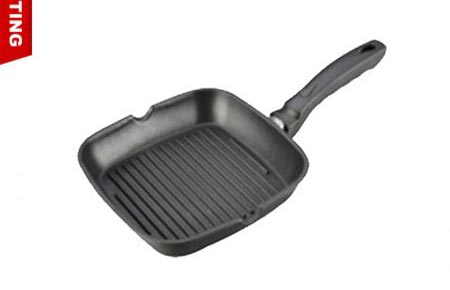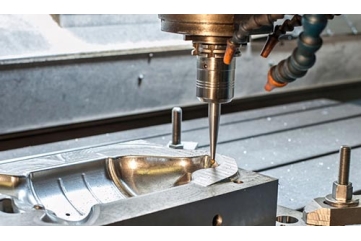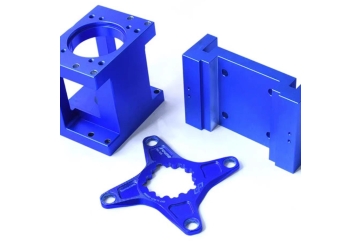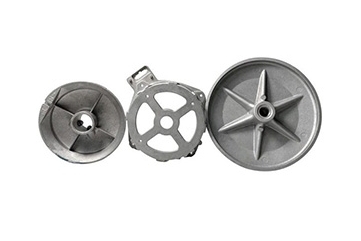What materials are used in die casting mould?
Die casting molds are typically made from a variety of materials, each selected for their specific properties and suitability for the casting process. Here are some commonly used materials:
1. Tool Steels:
– H13 Tool Steel: A popular choice for high-temperature applications due to its excellent hardness, toughness, and resistance to thermal fatigue.
– P20 Tool Steel: Known for its good machinability and polishability, making it ideal for injection molds as well.
2. Aluminum Alloys:
– Aluminum is often used for manufacturing die casting molds when lightweight and quick heat dissipation are needed. Common alloys include 7075 and 6061.
3. Cast Iron:
– Sometimes used for larger molds due to its good wear resistance and stability under heat.
4. Copper Alloys:
– Beryllium Copper: Used for its excellent thermal conductivity, often in areas requiring efficient heat dissipation.
5. Stainless Steel:
– Grades like 420 or 440C are sometimes used for molds that require corrosion resistance.
6. Nickel-Based Alloys:
– Alloys such as Inconel are used for high-performance applications, especially in extreme environments.
7. Composite Materials:
– With the advancement of technology, certain composites may be used for specific applications, providing a lightweight and strong alternative.
The selection of the material depends on factors like the type of metal being cast, the production volume, and specific mechanical and thermal requirements of the mold.





